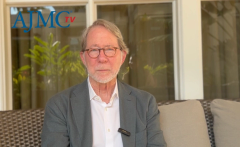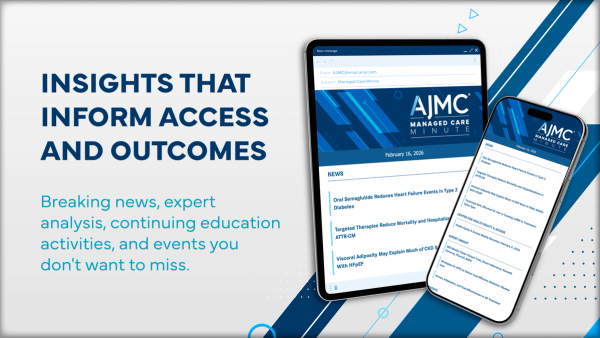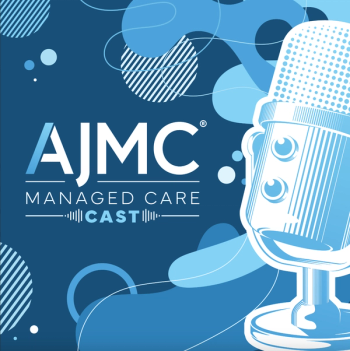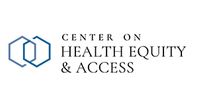
Conference Coverage
Latest Content
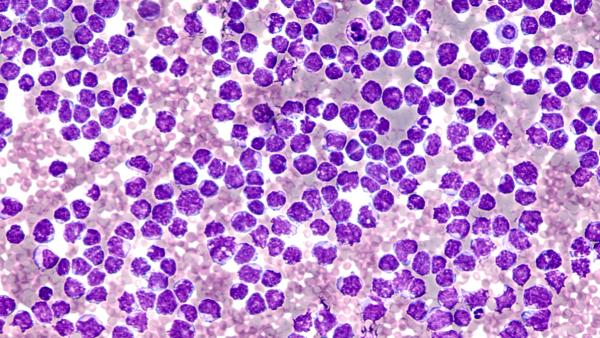
In China, Phase 2 Study of Relma-Cel in R/R MCL Finds Durable Responses

Environmental Factors Affect Community Participation Among Individuals With MS

Recent Advances Raise Hopes of Better Addressing Richter Transformation

Pregnancy Biomarkers Reveal Long-Term Cardiovascular Risk in Women
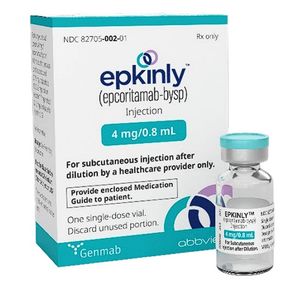
Analysis Finds Efficiencies, Savings of Using a Single Bispecific for DLBCL and FL

Shorts
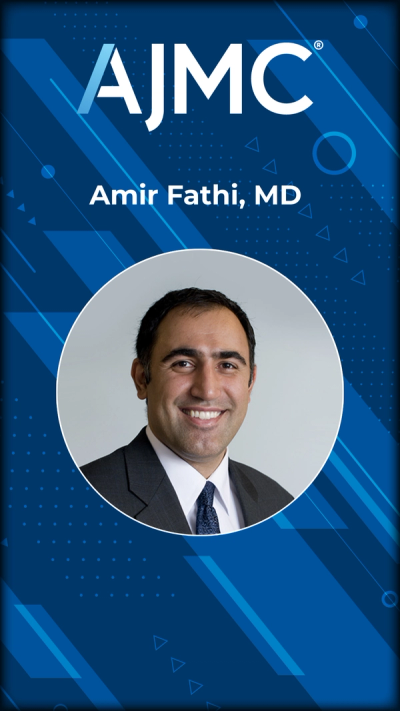









Podcasts
Center on Health Equity & Access
Continuing Medical Education
All News

In a cohort of veterans with steatotic liver disease, patients with metabolic- and alcohol-associated liver disease had the lowest incidence of cirrhosis.

Patients with both a low estimated glomerular filtration rate and a high protein-to-creatinine ratio were at particularly high risk of cognitive impairment, a new study has found.

Transcriptomic analysis revealed that chronic hand eczema shares overlapping immune signatures with both atopic dermatitis and psoriasis.
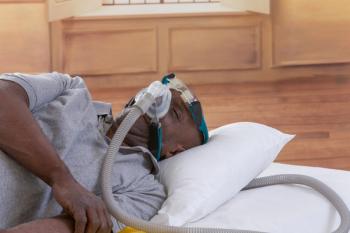
Meta-analysis links obstructive sleep apnea to early kidney injury markers, especially in severe OSA and hypertension, highlighting need for renal monitoring.

Sociodemographic Disparities in Outcomes, Costs, and Care in Obstructive Hypertrophic Cardiomyopathy
Patients with oHCM experience significant variation in cardiovascular events, health care resource use, and costs across age, sex, race, and US region.

Treatment for multiple myeloma often confers a higher risk of subsequent cardiovascular disease, but the impact of medications for the latter in this setting is not fully understood.

Survey flags GLP-1 cost hurdles as nurses win staffing protections, new trauma center cuts shooting deaths, and understaffing data sharpen care debates.
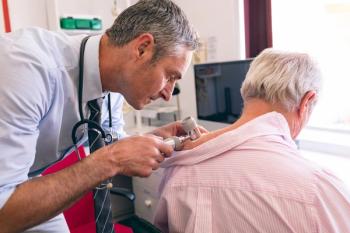
Recent guideline updates for squamous cell skin cancer add adjuvant cemiplimab as a preferred option for certain patients with very high-risk disease.

More than 57% of patients with ACD reported moderate to severe quality-of-life impairment, with symptoms and embarrassment among the most affected areas.
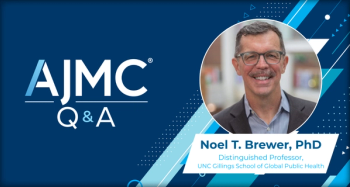
Noel T. Brewer, PhD, former ACIP member, warns that the CDC's reduction from 17 to 11 recommended immunizations lacks transparency, which may lower uptake.


